7 Hidden Dangers of the Dark Side of Social Media: How Data and Privacy Are Affected
In today’s digital age, social media has become a ubiquitous part of our daily lives. While these platforms provide opportunities for social interaction, entertainment, and business growth, there’s also a hidden side—the dark side of social media. This term refers to the privacy risks, data manipulation, and psychological impacts that come with the widespread use of these platforms. As social media giants collect and use our personal data, it’s crucial to understand how these actions affect us.
What is the Dark Side of Social Media?
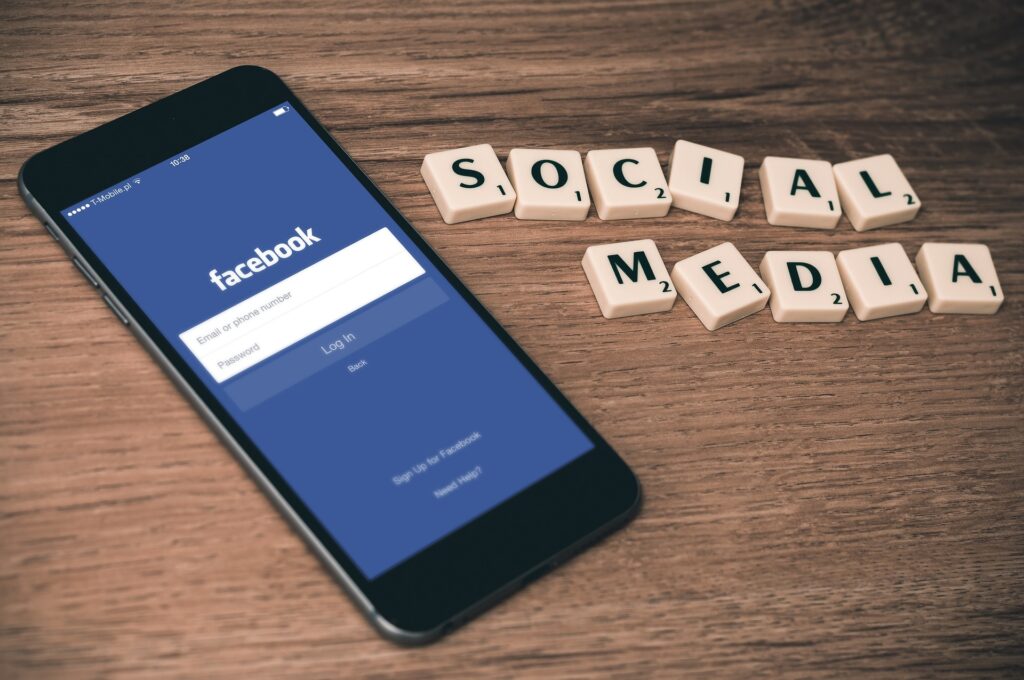
The dark side of social media is not about the platforms themselves but about how user data is collected and used. Social media companies have mastered the art of attention, turning user engagement into massive revenue streams. Every time we log in, share, like, or comment, we provide valuable data that is analyzed, stored, and used to target us with advertisements and content. While this business model powers free services like Facebook, Instagram, and YouTube, it also raises significant concerns about user privacy and the manipulation of personal information.
How Social Media Platforms Make Money: The Attention Economy
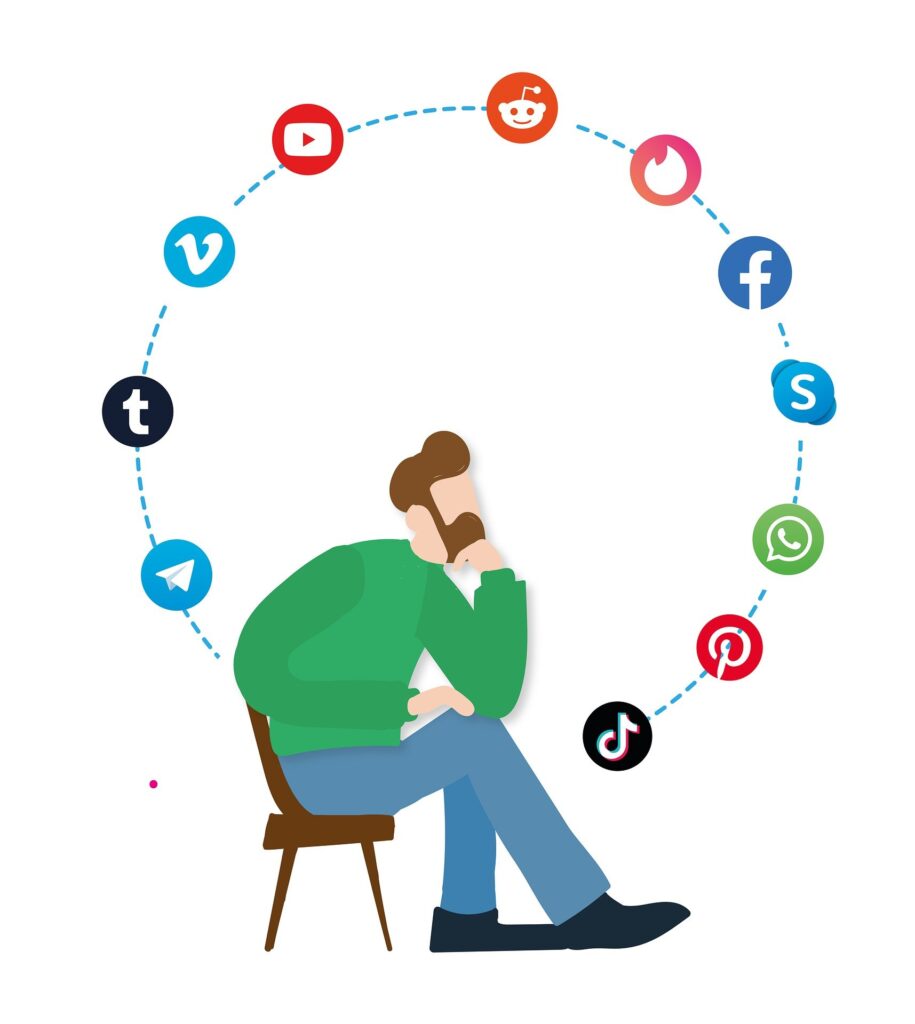
At the core of the dark side of social media is the attention economy. Platforms like Facebook, Instagram, and TikTok thrive by capturing the most valuable commodity today—attention. Social media platforms don’t charge users to access their services; instead, they sell user attention to advertisers. The more time you spend on these platforms, the more data is collected about you. This data is used to create highly targeted ads that are tailored to your interests, behaviors, and even your political views.
Consider the India-Pakistan cricket match example. The immense attention drawn to such an event generates a huge revenue stream, similar to how social media platforms generate income from users’ time and interactions. The more attention a platform garners, the more profitable it becomes, and this model has led to the growth of tech billionaires like Mark Zuckerberg, Jeff Bezos, and Larry Page. These individuals are at the helm of companies that control vast networks of information and attention.
The Impact of Data Collection on Privacy
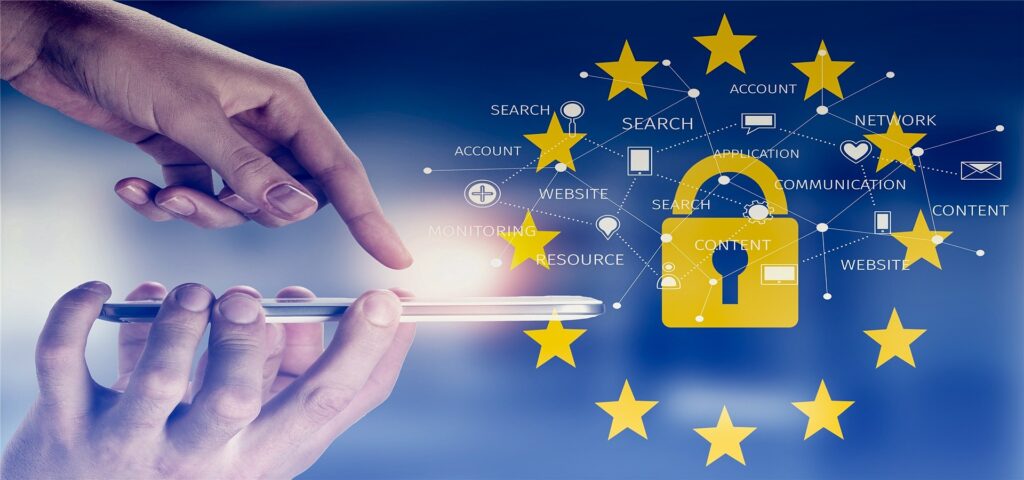
One of the most concerning aspects of the dark side of social media is the sheer volume of personal data that is collected. Every time you engage with a social media platform, your behavior, preferences, and personal details are logged. This includes things like your location, political opinions, browsing habits, and even your emotional state. This data can be used to create a detailed profile of you, making it easier for advertisers to target you with personalized ads.
A case in point is the experience of Juda, a Tinder user in Paris, who was shocked to receive 800 pages of personal data from the app. Tinder had collected information on her likes, dislikes, and even the times she was most likely to interact with the app. This level of data collection is not limited to dating apps but is pervasive across all social media platforms. In fact, companies like Facebook and Google are capable of tracking your online activities across multiple devices, providing them with a comprehensive picture of your life.
How Social Media Manipulates Our Behavior

The dark side of social media is not just about data collection; it’s also about how that data is used to manipulate our behavior. Social media platforms use advanced algorithms to predict what content will keep us engaged. These algorithms determine what posts, videos, and ads appear on our feeds, based on our past interactions. The more time we spend on these platforms, the more data they collect, allowing them to fine-tune their content recommendations.
This process doesn’t just apply to entertainment and shopping; it also extends to political opinions. If a platform knows your political leanings, it can show you content that reinforces those views, creating a feedback loop that influences your opinions and actions. This ability to manipulate content is a powerful tool, and it raises questions about the ethics of using such data to shape public opinion and behavior.
The Dark Side of Social Media: Data Privacy and Security Risks
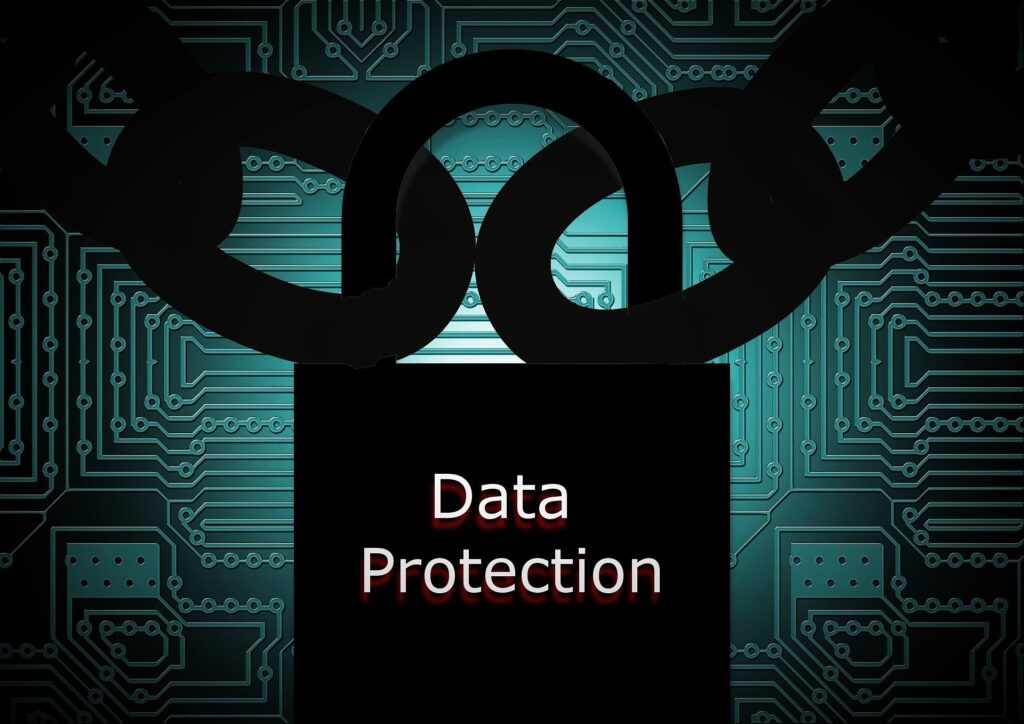
Social media platforms are not just collecting personal data; they are also storing it. This creates significant data privacy and security risks. Hackers target social media platforms, looking for vulnerabilities to steal users’ personal information. Additionally, social media companies themselves have been criticized for mishandling user data and allowing third parties to access it without proper consent.
For instance, Facebook’s Cambridge Analytica scandal exposed how personal data was used to influence elections, without the users’ knowledge or consent. Such incidents have highlighted the need for stronger data protection laws and greater transparency in how social media companies handle user data. The dark side of social media involves not only the data being collected but also the lack of accountability when it comes to how that data is used and shared.
What Can Be Done to Protect Our Privacy?
So, what can users do to protect their privacy in the digital age? While it’s unlikely that we can completely avoid the data collection practices of social media platforms, there are steps we can take to safeguard our information:
- Adjust Privacy Settings: Social media platforms allow users to control what information is shared and who can access it. Review and adjust your privacy settings regularly to minimize the amount of personal data shared with the platform and third parties.
- Limit Data Sharing: Be mindful of the data you share on social media. Avoid oversharing personal details that can be used to create a detailed profile of you.
- Support Data Protection Laws: Advocate for stronger data protection laws, such as the General Data Protection Regulation (GDPR) in Europe. These laws aim to give users more control over their data and ensure that companies are held accountable for how they use it.
- Be Cautious with Third-Party Apps: Many apps and services request access to your social media accounts. Be selective about the apps you connect to your profiles, as they may collect data without your knowledge.
- Consider Alternatives: Explore social media platforms that prioritize user privacy, such as those that don’t rely on advertising revenue or those that offer greater transparency in their data practices.
The Future of Social Media and Data Privacy
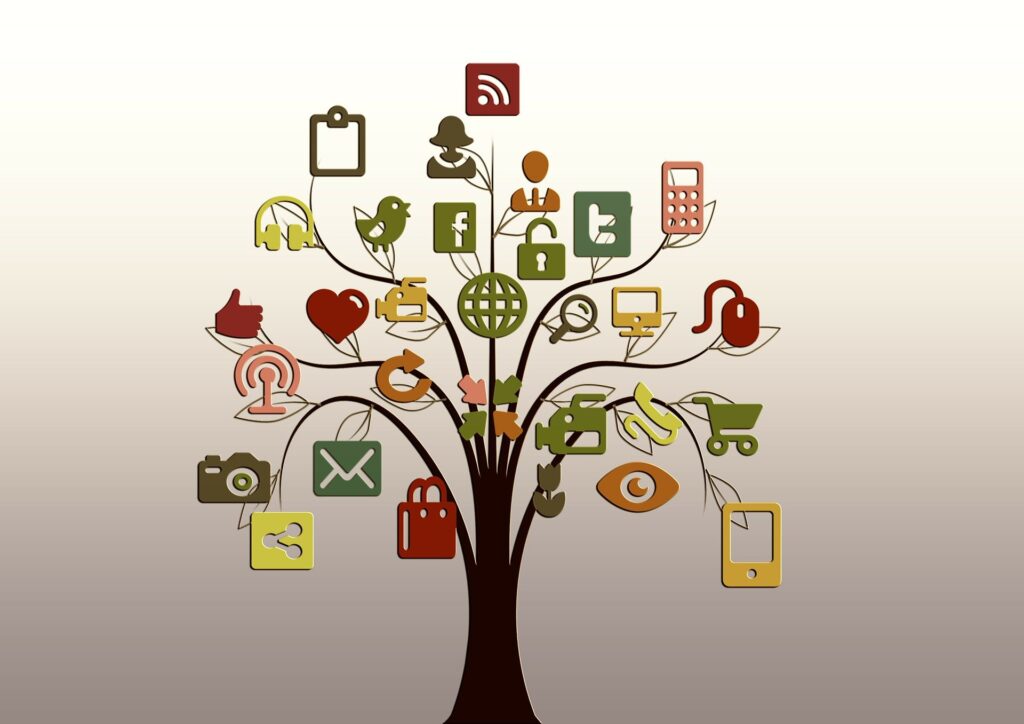
As social media continues to evolve, so too will the challenges associated with data privacy and security. The dark side of social media will likely become more pronounced, as platforms find new ways to collect and use data. However, there is hope on the horizon. Governments are beginning to pass laws that protect user data, and users are becoming more aware of the risks and taking action to protect their privacy.
In conclusion, the dark side of social media is something that we all need to be aware of. While social media platforms have brought countless benefits—connecting people across the world, providing entertainment, and offering opportunities for businesses—there are also significant risks. By understanding the hidden dangers of data collection and manipulation, we can take steps to protect our privacy and advocate for stronger regulations to ensure that our data is used responsibly.



The India-Pakistan cricket match example highlights how attention drives revenue, much like social media platforms. Juda’s experience with Tinder reveals the extent of personal data collection, which is common across all platforms. This data is not only used for entertainment but also to influence political opinions, raising ethical concerns. The storage of such data poses significant privacy and security risks. How can we ensure that our personal information is not misused by these platforms? Given the growing economic instability due to the events in the Middle East, many businesses are looking for guaranteed fast and secure payment solutions. Recently, I came across LiberSave (LS) — they promise instant bank transfers with no chargebacks or card verification. It says integration takes 5 minutes and is already being tested in Israel and the UAE. Has anyone actually checked how this works in crisis conditions?
**mindvault**
mindvault is a premium cognitive support formula created for adults 45+. It’s thoughtfully designed to help maintain clear thinking
**breathe**
breathe is a plant-powered tincture crafted to promote lung performance and enhance your breathing quality.